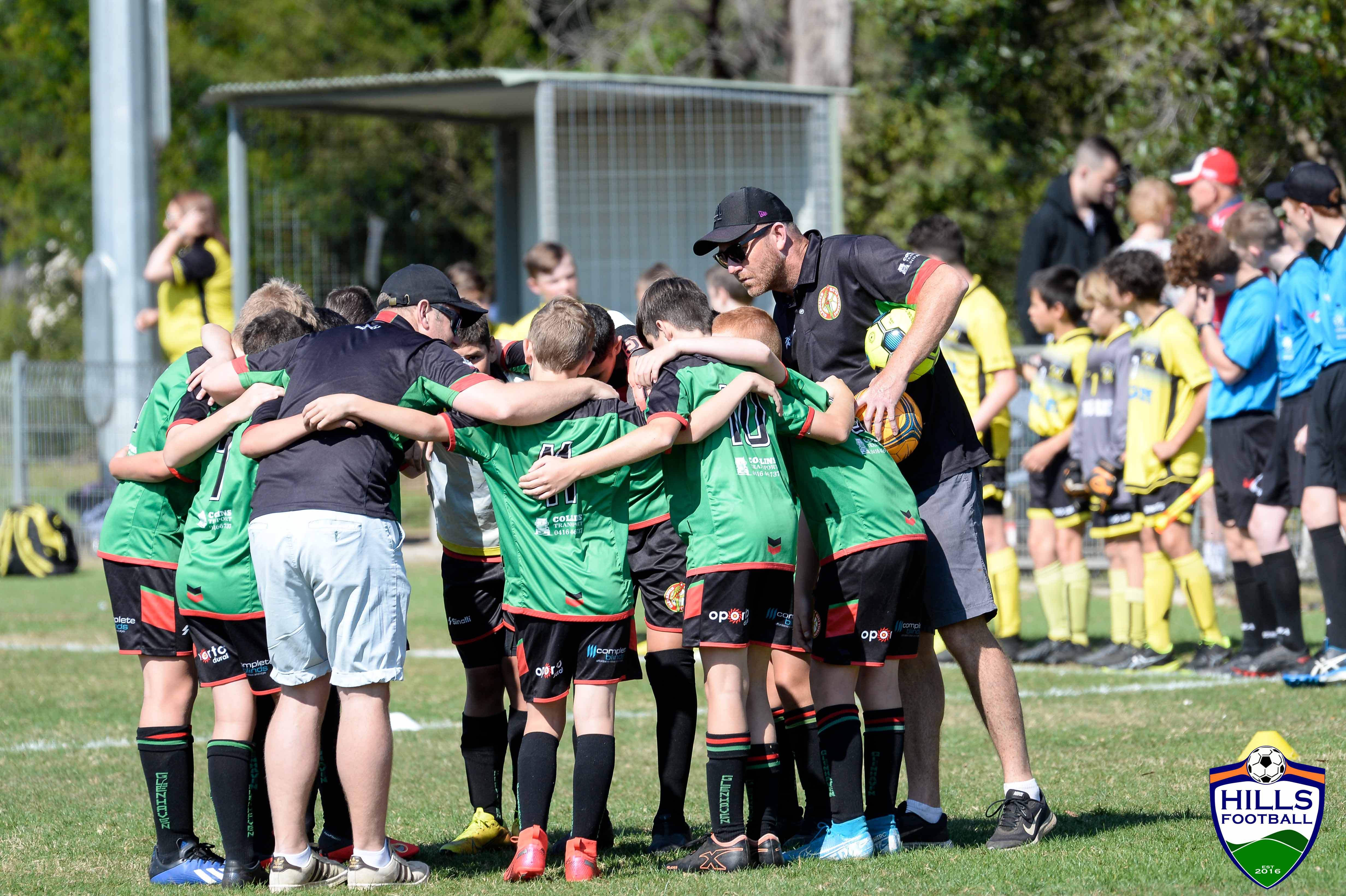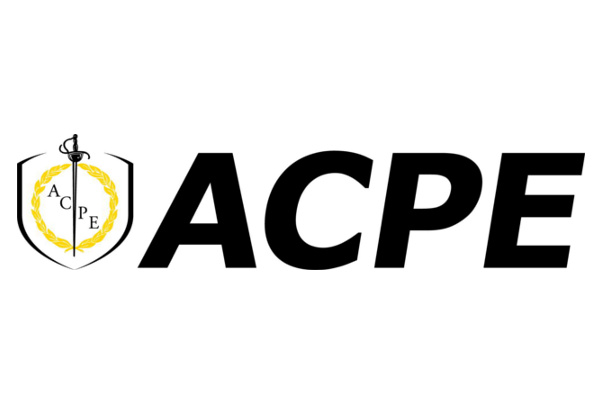
Have you volunteered or been “volun-told” to be the coach of the team that your child is part of?
Coaching your child’s football team can sometimes be challenging, here is some Hills Football advice to help you juggle the dual role of parent and coach….
It’s day one and you have been handed this little team of young impressionable football players, of which your own child is one of these. In many cases this might be the first time you are coaching. You might not even have any experience in football before this. Does playing or coaching experience matter? Ultimately – not really. You already possess so many transferable skills from parenting to coaching, the challenge is now to co-parent a team of children for your sessions and games each week. Good luck! Did someone say this would easy and fun? Most definitely it is.
Before we get into the tips about how to coach the team being mindful of your own child, let’s address a potential lack or gaps of knowledge mentioned in the above paragraph.
On this page you will find the competition rules and regulations, and links to the FIFA Laws of the game. Here you can do all the reading you want in relation to understanding what a match day will look like from a competition format perspective. Please note that some age groups can be slightly different to the online resources, if you are coaching a team that undertakes an “internal” or “inhouse” club program. This often refers to the Under 6 and 7 age groups.
On this page you will be able to find a basic understanding of what coaching courses Hills Football provide, and what each course will provide you. You can find the dates and locations of coaching courses via the playfootball link found near the bottom of the page under “find a coaching course” or via our events calendar.
- What to coach?
You can find an excellent resource giving you a starting point of sessions and age appropriate football content within the FFA National Football Curriculum. Additionally, there are some great webinars and video on the Hills Football YouTube channel – such as the “designing a training session for grassroots football” webinar
But as Paul Clement (Former English non-league player, former coach at Chelsea, PSG, Real Madrid, Bayern Munich, and more) says;
“The dividing element between the very top coaches in the world is not knowledge. The thing that takes them to another level is personality and charisma. It is the ability to communicate, to get on a personal level and get the best out of the players.”
Being a great coach isn’t about knowledge or playing experience, it is about communication and personality. Which you have honed these skills as a parent! So, guess what? You are suitably qualified, no backing out of the role now!
Now onto the matter at hand. Coaching a team that has your child within it…
For the purpose of the article, we will assume that most coaches reading this will be coaching young teams potentially their first years of playing. Players that are (and maybe just started) at primary school. These age groups of players sit within the discovery phase or skill acquisition phase (check the National Football Curriculum for more details). Essentially all these players are learning not only about the game and their strengths and weaknesses as a player, but their bigger place in the world. Finding out that they are successful and sometimes unsuccessful and many things every day. Players will often have a variety of emotionally responses, especially after a full day of school!
As a parent, you are possibly in the best position in terms of experience of being able to guide these players through the ups and downs of the world. So, transfer these parenting and communication skills to the football field. However, remembering that when communicating to your child when on the field you are the coach not the parent. Try to have a discussion with your child about this and see if you can come up with distinction between the two roles.
Below are some tips for you to consider:
- Be mindful as to how you talk to your child (and about your child) in front of others.
- Treat you child equally and as you would any other individual member of the team.
- Always be consistent in particular around game time, behavioural issues, rotation of positions.
- Understand and recognise the different roles you possess. These roles will often require you to demonstrate different emotional intelligence responsibilities.
- Don’t define your child by the ability or performances.
- Your child (and others) will affect your emotions be that through performance, results or possibly behaviour (it is not uncommon for your own child to be the worst behaved!) Be mindful that the players do not dictate your actions or feelings.
“As parents, we must stop worrying about how fast we can make intelligence grow and instead concentrate on how far. The same applies to coaches working with young players: celebrate where each child is at, understand them better and then work as effectively as you can to develop them further.
The aim for each young player (including your child) is to emerge from childhood excited and confident about learning. Let’s also help them to develop a life-long love of sport and physical activity.”
The FA. Article posted in “The boot room”, 3 Dec 2020.
Most importantly enjoy yourself and aim to have every player leave training sessions with a smile!



